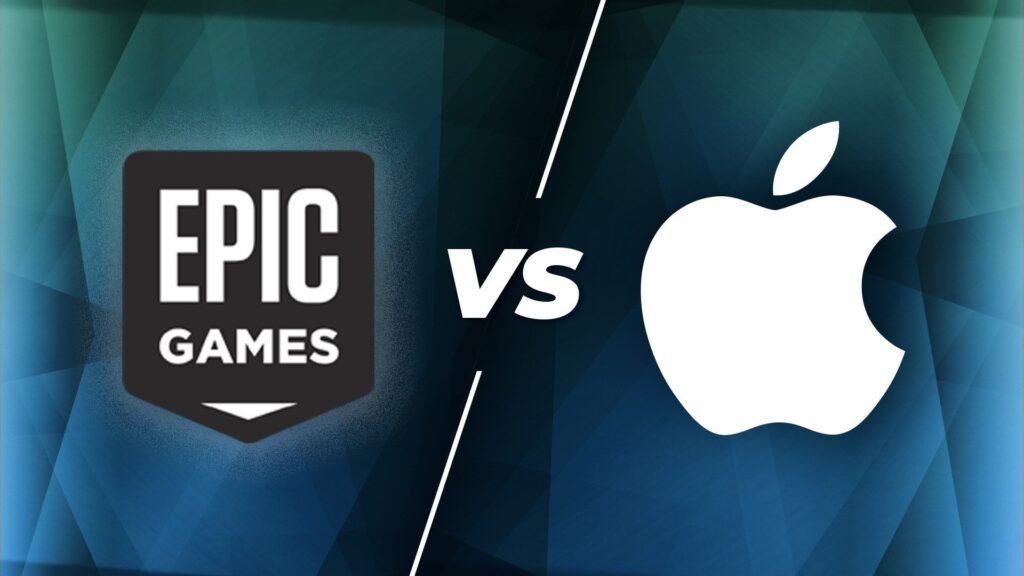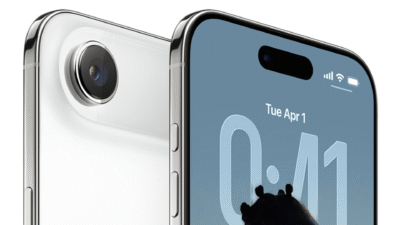Epic Games claims Apple misguided court on competition, security & more

Epic Games has filed a new brief in its case against Apple, claiming that not only did Apple mislead the court, but the judge erred in her interpretation of the market.
The game company on Wednesday filed an appeal reply and cross-appeal response brief in the Epic Games v. Apple legal battle. In its argument, Epic Games alleges that the U.S. District Court “committed multiple legal errors in rejecting Epic’s Sherman Act claims.”
In its original lawsuit, Epic claimed that Apple violated the Sherman Act by denying it access to the App Store, which is claimed as an essential facility. The Sherman Act dictates free commerce and competition across the U.S.
Additionally, Epic Games claims that the court made a mistake in sustaining Apple’s restrictions.
“The court found substantial anticompetitive effects but erroneously credited justifications that do not advance competition and ignored its own factual findings establishing less restrictive alternatives,” the brief reads.
Epic also tries to counter an argument that its demands would weaken Apple’s iOS security. It claims that Apple touts the security of the Mac, which does not have the same protections as iOS. However, during the trial, Apple made it clear that it finds the level of malware on macOS unacceptable.
U.S. District Court Judge Yvonne Gonzalez Rogers ruled mostly in Apple’s favor back in September 2021 after a lengthy trial. She handed Apple a win on basically every point except the company’s ban on steering or allowing developers to communicate with customers about cheaper subscription options.
Apple has successfully obtained a stay on an injunction that would force it to allow steering within apps. Beyond that, both Apple and Epic Games have appealed the ruling.
In its own brief submitted to the court in March, Apple argued that Judge Gonzalez Roger’s ruling should stand because Epic Games’ original lawsuit was badly flawed and because the company failed to prove wrongdoing on Apple’s part.
Research Snipers is currently covering all technology news including Google, Apple, Android, Xiaomi, Huawei, Samsung News, and More. Research Snipers has decade of experience in breaking technology news, covering latest trends in tech news, and recent developments.










